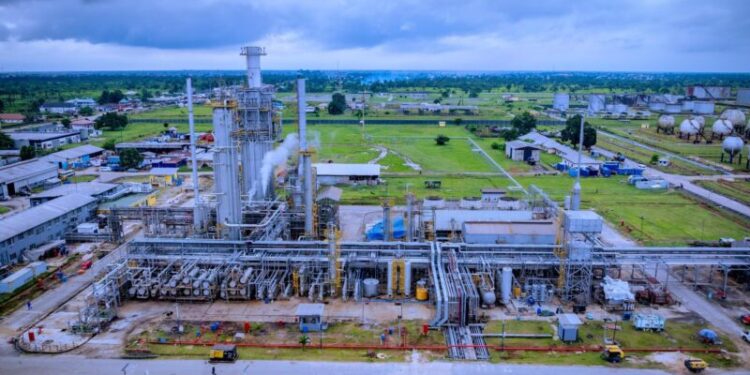The Petroleum Products Retail Outlet Owners Association of Nigeria (PETROAN) has said petrol prices will crash down following the revival of the Port Harcourt and Warri refineries by the Federal Government.
National Public Relations Officer of the association, Dr. Joseph Obele, said in a statement on Saturday, that contrary to previous doubts the refineries are “now fully operational, with PETROAN members loading petroleum products, including DPK, AGO, and PMS.”
“The resurgence of these refineries has sparked intense competition, which is expected to drive down petroleum prices. As Nigerians advocate for lower PMS prices, it is clear that competition is a crucial factor in triggering price reductions,” the statement read.
He noted that the revitalisation of the facilities has numerous benefits, including the eradication of adulterated diesel and kerosene from the market.
He regretted that for years, the absence of functional refineries led to a proliferation of fake petroleum products, posing significant risks to consumers.
“The refineries’ functionality has also contributed to a decrease in crude oil theft, which has hindered Nigeria’s ability to meet OPEC production targets. As crude oil production increases, Nigeria is expected to generate more revenue and stabilize the naira.
“The revitalized refineries have created job opportunities, with deserted depots now bustling with activity. The host communities are also benefiting from empowerment programs, which are expected to positively impact insecurity and crime rates in the region,” he said.
According to PETROAN, the operationalization of the Port Harcourt and Warri refineries is also expected to boost Nigeria’s economic growth by increasing the availability of petroleum products, reducing dependence on imports, and generating additional revenue for the government.
He stated that the situation would have a positive impact on the country’s Gross Domestic Product (GDP) and overall economic development.
“Additionally, the refineries’ functionality will also enhance Nigeria’s energy security, reduce the pressure on foreign exchange, and create a stable supply chain for petroleum products. This will have a ripple effect on various sectors of the economy, including transportation, manufacturing, and agriculture, ultimately leading to improved economic productivity and competitiveness.”











